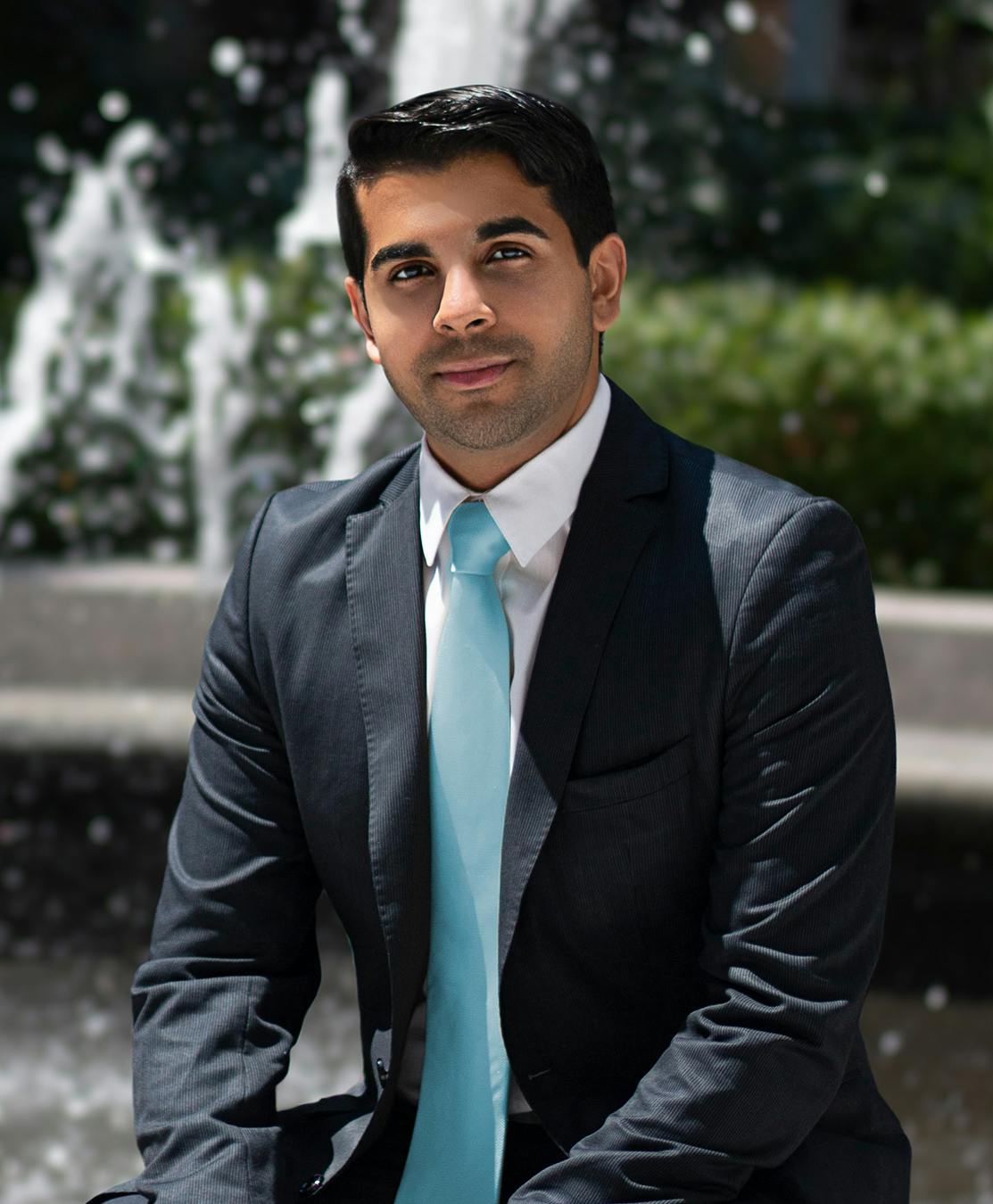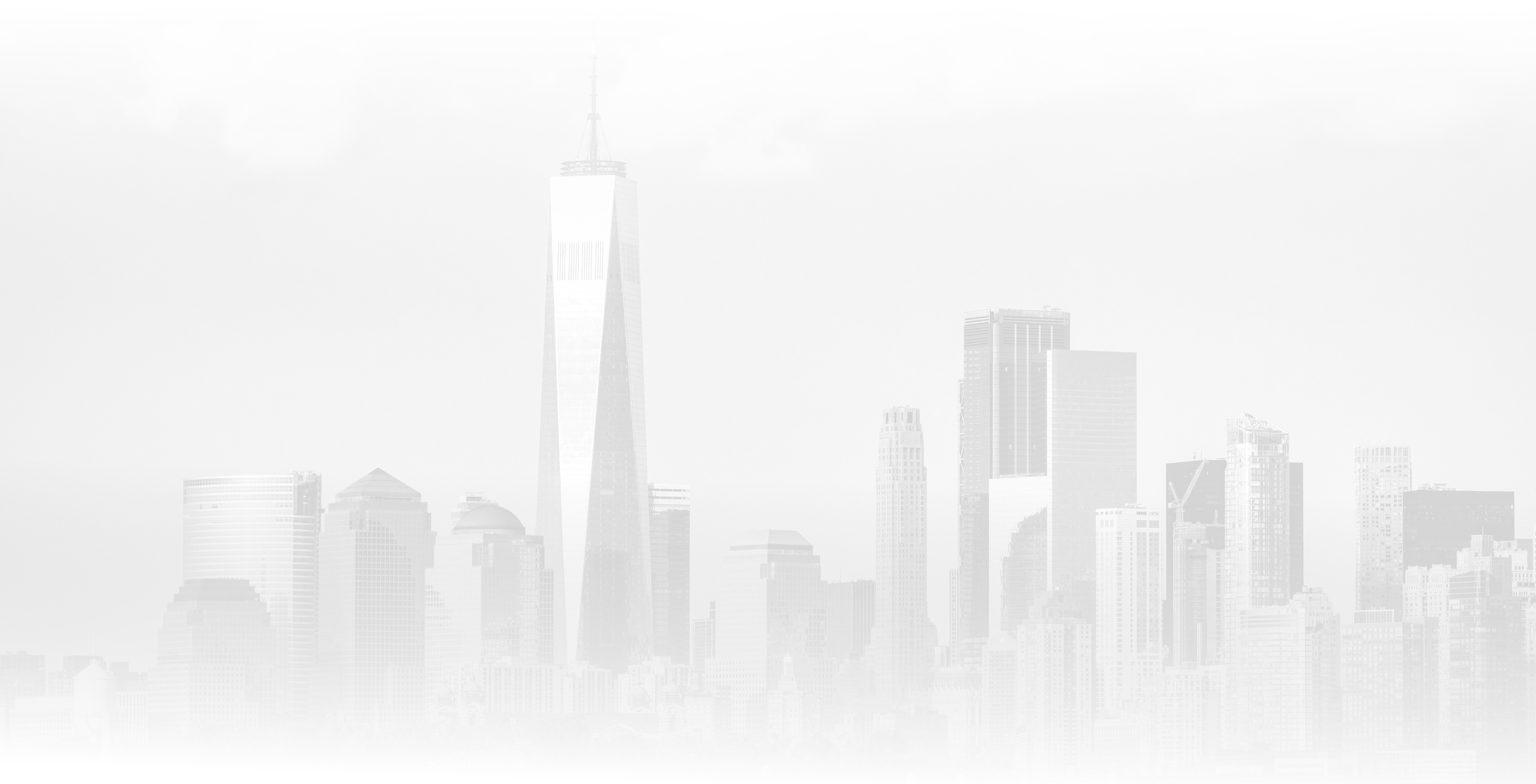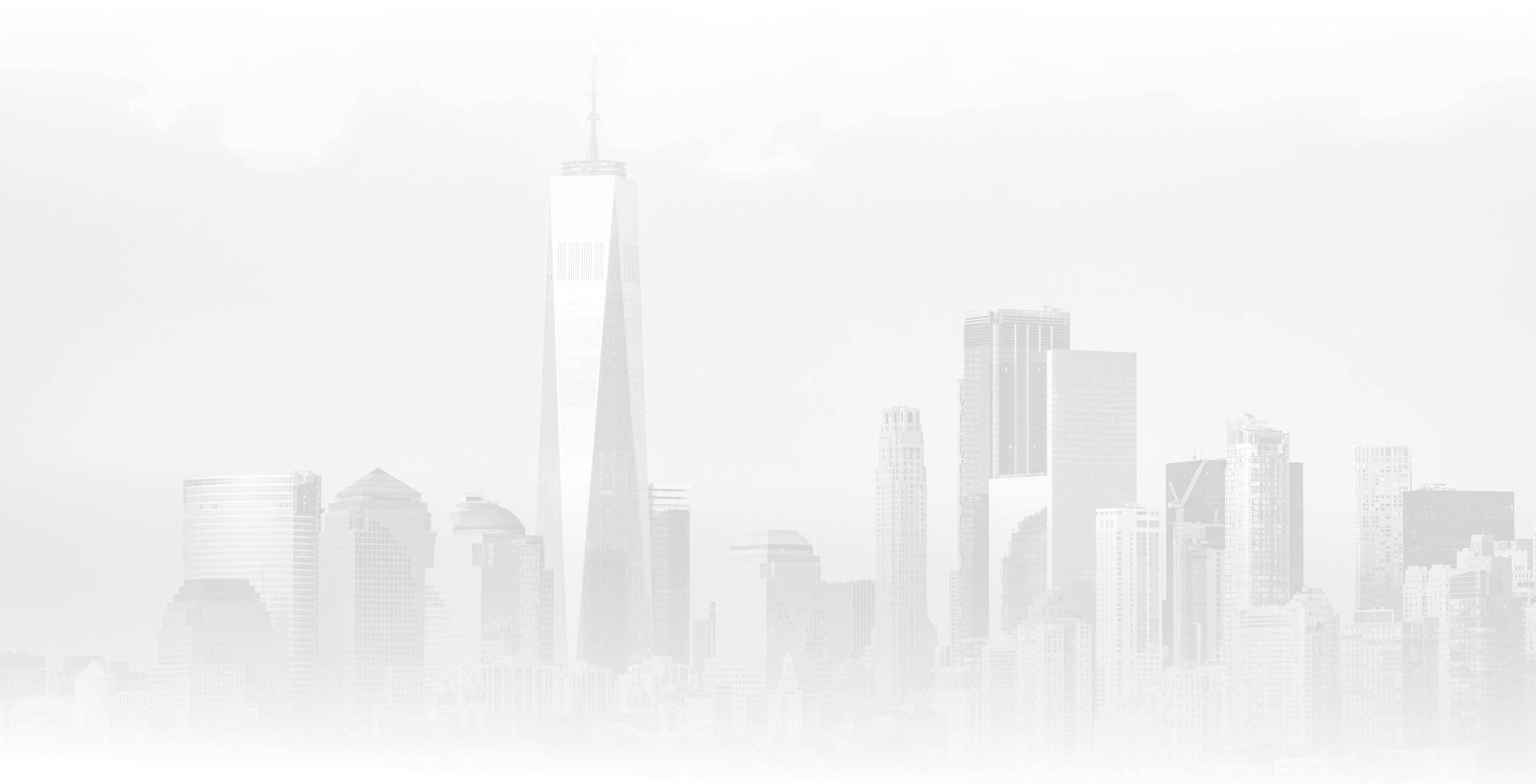Rhinoplasty
I have read and understand all the above instructions. I understand that following these instructions is solely my responsibility. I understand that
is also my responsibility to ask my doctor Dr. Doshi and staff any questions I have related to these instructions or about my procedure, health, and
healing.
What To Expect
As with most surgery some bruising (around the nose and eyes) and swelling is to be expected. Some incisions may have slight bloody oozing or discharge from them. Unless excessive, this is to be expected and should not worry you. The final result of your surgery may not be apparent until weeks and months after surgery, so relax and concentrate on your recovery. Investing in your recovery will ensure the best result possible.
What To Do
- Get plenty of rest.
- Drink plenty of liquids.
- Take pain medications as prescribed to you by Dr. Doshi. If you would rather not take the prescription pain medication or feel they are too strong, you can take Tylenol (Acetaminophen 325 mg – 2 tabs every 4-6 hours, as needed).
- Take antibiotics as prescribed and with a meal.
- Take probiotics while taking antibiotics. You can take capsules or eat yogurt that has probiotics included.
- Nausea medication has been prescribed and can be taken (as needed) if feeling nauseous to prevent vomiting. Vomiting can cause undue pressure on the nose and result in dislodgement of the cast and subsequent bleeding, bruising, and swelling.
- You may begin taking all of your preoperative medications as prescribed to you by your primary physician, except those medications that you were instructed to hold from taking after surgery by your Doctor(s).
- Arnica (pill form) can be taken during the recovery period but is not required.
- Please have plenty of pineapple or 100% pineapple juice (if not allergic) for the first week after surgery as it helps reduce pain and swelling.
- You can apply ice/cool compress to around the eyes if there is excessive bruising or swelling.
- The ice / cool compress should be applied for 20 minutes only (3-4 times a day) for the first 48 hours after surgery only. When applying ice / cold compress, be sure to have a gauze or a towel between the ice and skin to prevent frostbite. Please ensure to not have water accumulate in the area as the ice / cold compress melts since the cast can be dislodged with water contact. Do not dislodge the cast with the ice / cold compress.
- Do not drink alcohol or do any illicit drugs.
- Do not smoke cigarettes or vape.
- Start walking as soon as possible after surgery. Walking initially should only consist of slow walks around the house. Any excessive walking that elevates your heart rate or gets you to perspire can cause increased bruising, swelling, and dislodgement of the nasal cast.
- Keep your head elevated (head above the level of the heart) when laying down.
- Keep water at the side table by your bed since your nose may feel clogged the first week or two after surgery as the body is healing. Water will help prevent dry mouth from mouth breathing that can occur.
- After the cast is removed, use a gentle soap cleanser daily to clean the nose skin and prevent acne formation.
- Makeup can be applied once the cast is removed, except to cover the incision at the base of the nose. Please check with Dr. Doshi as to when makeup can be applied to cover the incision at the base of the nose (if needed).
What Not To Do
- Do not drive or operate any machinery until you are no longer taking any pain medications.
- Refrain from excessive bending, straining, or reaching until cleared by Dr. Doshi.
- Refrain from any heavy lifting, straining, or bending for 4 weeks after surgery.
- Do not blow your nose or sneeze/cough with the mouth closed.
- Do not go back to work until specifically instructed to do so by Dr. Doshi.
- Do not take any medications that were not prescribed by or approved by Dr. Doshi.
- Do not remove the nasal cast or get the face wet (will cause cast to fall off) for 1 week.
- Do not use glasses until cleared by Dr. Doshi. Contact lenses may be worn, but be careful when placing the contact lenses while the nasal cast is in place as to not dislodge the nasal cast.
- Do not sleep on your face or on your sides while the cast is on your face.
- Do not directly sunbathe for 60 days after your surgery.
- Do not miss your follow-up appointments with Dr. Doshi.
- Do not hesitate to call our office or Dr. Doshi directly if you have any questions regarding your surgery and postoperative care.
Incision Care
- You can gently clean the bottom of the nose as needed with Q-tips and hydrogen peroxide or sterile water as dried blood and mucus may build up in this area. Do not clean the area if it will result in shifting of the nasal cast or pulling on the stitches at the bottom of the nose.
- Continue using the gauze given to you after surgery to apply under the nose and tape to the cheeks on either side to help catch any oozing that may drip for the first day or two after surgery. This dressing is called a “moustache dressing”. You can gently replace this dressing as many times as needed if it gets soaked. Be careful when removing the dressing as to not dislodge the cast or pull on the stitches at the bottom of the nose.
- If there is nasal packing placed inside the nose, do not remove the packing on your own. It will be removed within the first few days after surgery.
- Do not touch the cast and keep the face dry while the cast is on. Exposure to water can dislodge the cast or loosen the cast from its position.
- Keep the incisions clean and dry, and inspect them daily for excessive discharge, redness, excessive swelling, or foul smell.
- Apply Vaseline with a clean Q-tip to the incision at the bottom of the nose daily.
- You may shower or bathe from the neck down while the nasal cast is on. Once the cast is removed, you can resume normal showering, but gently pat face dry with a towel afterwards.
- Sutures (if needed) are removed when the cast is removed at 1 week’s time.
- Continue to tape the nose daily as shown to you for the duration of time recommended by Dr. Doshi. When replacing the tape on the nose daily, be very gentle in removal to prevent skin injury or excessive pulling on the skin causing scar formation.
- Numbness at the tip and/or side of the nose is expected for a few weeks after surgery.
When to Call
- If you have increasing bleeding, swelling, bruising, redness, or discharge from the incision.
- If you have severe or increasing pain at the surgical site.
- If you have any severe side effects such as rash, headache, nausea, and vomiting.
- If you have an oral temperature greater than 100.8°F.
- If you have a loss of feeling anywhere.




